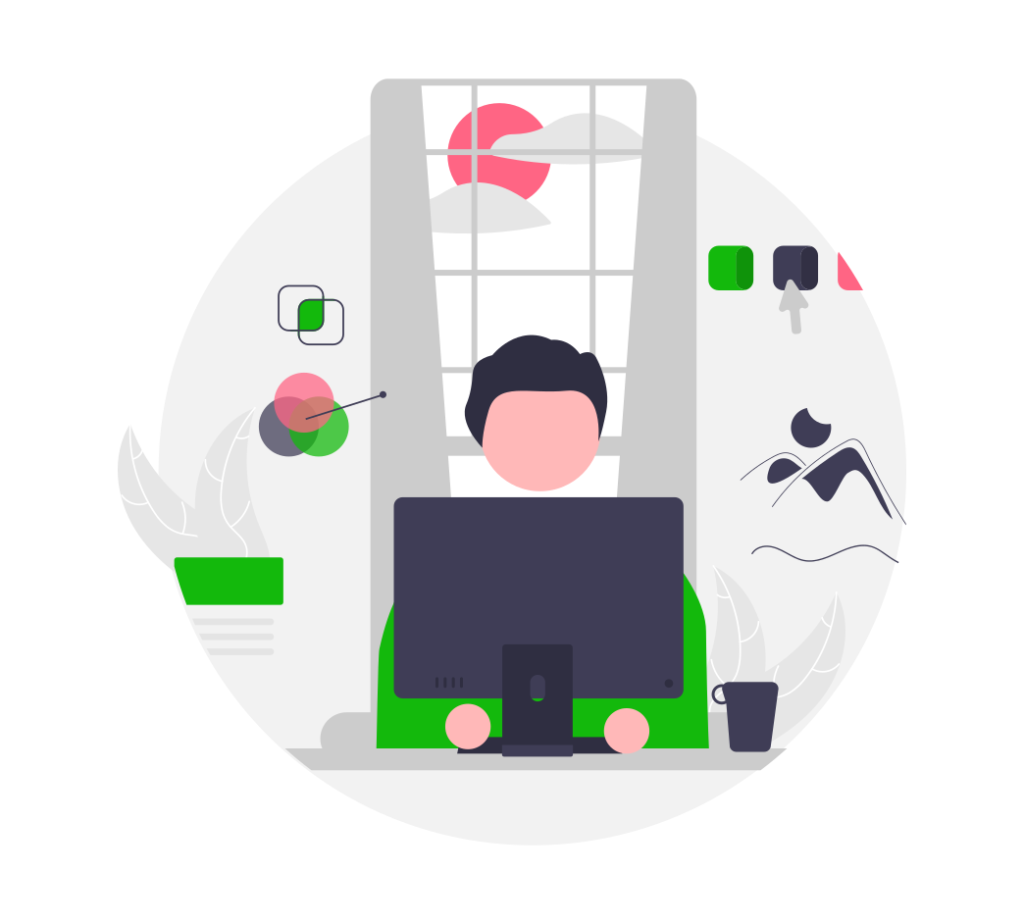Have you ever noticed yourself feeling run down, worn out and emotionally numb when stress levels are soaring? You might feel like you’re carrying the weight of your worries on your shoulders, and you wouldn’t be wrong.
Knowing how to listen to your body can help you identify when you might need to take some rest and look after yourself. In this article, we look at the connection between the body and mind and explore healthier ways to respond to stressful times, so that you can find a little extra peace!

A bit of stress here and there is perfectly okay. It might push you to meet deadlines or walk faster when you’re late or sense danger and seek safety. But overactive and prolonged stress levels can be physically damaging, as the mind is intrinsically connected with the body.
Why Does Stress Manifest Itself Physically?
It’s all down to a science. When you encounter a stressful situation or thought, your brain transmits signals that release a steroid hormone called cortisol into the body. Cortisol, also known as the body’s natural alarm system, regulates certain processes in the body such as your immune system and digestive functions. However, much like anything out of balance, this hormone can put your health at risk when overactive.
The short term effects of this could manifest in symptoms such as:
- Tension headaches
- An upset stomach
- Muscle tension
- Sleep problems
Long term effects include increased risk of heart attacks, arthritis and memory issues.
Why Is It Important to Listen to Your Body?
We all get aches and pains sometimes, but persistent headaches, digestive issues or muscle pains could be your body’s way of telling you to rest and make changes to your lifestyle! Prolonged stress causes muscles to tense up in a fight or flight response. So, if you notice (in particular) your back, shoulders and neck aching, it could be that your body is signalling to you to do some stress relief exercises.
Here are some ways you can destress easily in your day-to-day life:
1. Exercise Regularly
Exercise increases the body’s ability to absorb oxygen, increasing blood flow and releasing endorphins, effectively de-stressing the body and loosening your muscles (remember to warm up first!). A little bit of regular exercise will release tension from the body and help you think clearer too, as you focus on the present moment and let your stressful thoughts go.
Read Now: How Exercise Benefits Mental Health
2. Sleep
Your body restores and repairs itself during deep sleep, so keeping an eye on your sleep cycles and ensuring you are getting proper rest is essential to staying healthy and keeping stress levels at bay.

Read Now: How to Get Better Sleep and Why Understanding Sleep is Crucial to Your Wellbeing
3. Understand Your Stress
What is it that is stressing you out? How can you tackle this? Getting to the root cause of stress will help you to navigate your way through it. If it is work, for example, you may need to consider cutting back your hours or organising your life so that you have enough time for yourself. If it’s a deeper issue that is troubling you, you could consider some talking therapy.
4. Strike Balance
Make sure you are taking time to have fun and let go. When your life is dominated by stress, your body will begin to feel it. Have a bath, go for a walk somewhere stunning, see your friends and family, and find new hobbies that give you pleasure.
5. Breathe Deep and Stretch
This is useful for short term symptoms of stress, such as feeling tight chested and short-breathed, or to alleviate aches in your muscles. Getting your body moving and controlling your breathing pattern can help you to centre yourself and calm down.
Read Now: Four Effective Ways to Clear Your Mind of Stress.
To Sum Up…
Our emotional worlds manifest in physical symptoms in the body. But this works in both ways: when we smile and rest and experience joy, it boosts our immune system and fights stress and aches. So, it is important to have a healthy balanced lifestyle with plenty of rest and quality time for you!
For more help managing your health, wellbeing and lifestyle, contact us at Ceed today!













